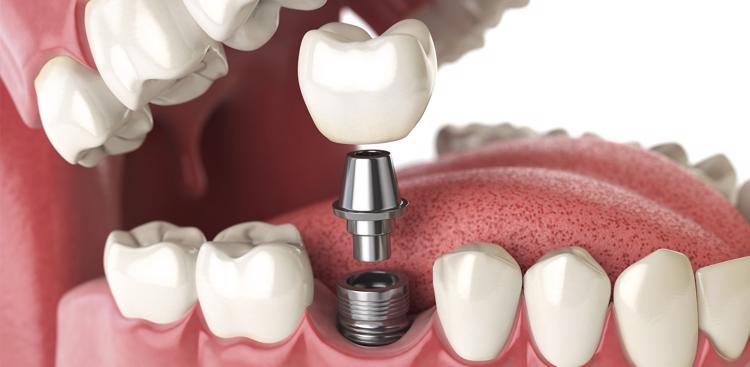Beyond Dawlish
If you’re considering dental implant surgery in Las Vegas, understanding the procedure and what to expect can help you make an informed decision about your dental health. Dental implants are a popular and effective solution for replacing missing teeth, offering a durable and natural-looking alternative to traditional dentures or bridges. In this blog post, we’ll explore how dental implant surgery works, what you can expect during the process, and tips for a successful recovery.

What Is Dental Implant Surgery?
Dental implant surgery is a procedure that involves placing a titanium post into the jawbone to act as a replacement root for a missing tooth. This post provides a stable foundation for attaching a prosthetic tooth or crown. The process typically involves several stages, each crucial to ensuring the success of the implant and the health of your mouth.
The Stages of Dental Implant Surgery
1. Initial Consultation and Planning
Before the surgery, you'll have an initial consultation with your dentist. During this visit, your dentist will evaluate your oral health, discuss your goals, and create a treatment plan tailored to your needs. This may include X-rays or 3D scans to assess the density of your jawbone and determine the optimal placement for the implant.
2. Implant Placement
The first stage of the surgery involves placing the titanium implant into your jawbone. This is done under local anesthesia to ensure you are comfortable and pain-free. The dentist makes a small incision in the gum tissue to access the jawbone, then drills a hole and inserts the implant. The gum tissue is then stitched back into place, and the implant is left to heal and integrate with the bone over several months.
3. Osseointegration
Osseointegration is the process by which the implant fuses with the jawbone. This step is crucial for the stability and success of the implant. During this period, which typically lasts 3 to 6 months, your jawbone grows around the implant, anchoring it securely in place.
4. Abutment Placement
Once the implant has fully integrated with the bone, a second surgery is performed to place the abutment. The abutment is a small connector piece that attaches to the implant and protrudes through the gum. This component will hold the prosthetic tooth or crown. After the abutment is placed, a healing period of a few weeks allows the gums to heal around it.
5. Crown Placement
The final stage involves attaching the prosthetic tooth or crown to the abutment. Your dentist will take impressions of your mouth to create a custom crown that matches the color and shape of your natural teeth. Once the crown is ready, it is securely attached to the abutment, completing the dental implant process.
What to Expect Before, During, and After Surgery
Before the Surgery
Pre-Surgical Instructions: Your dentist will provide instructions on how to prepare for the surgery, including any dietary restrictions or medications to avoid.
Anesthesia: Local anesthesia will be used to numb the area, ensuring you are comfortable throughout the procedure.
During the Surgery
Pain Management: You may feel pressure during the surgery, but you should not experience pain. If you have any discomfort, inform your dentist immediately.
Duration: The implant placement procedure typically takes 1 to 2 hours, depending on the complexity of the case.
After the Surgery
Recovery: Following the surgery, you may experience swelling, bruising, or mild discomfort. These symptoms are normal and can be managed with prescribed pain medication and ice packs.
Oral Care: It is important to follow your dentist’s instructions for oral hygiene and care. This may include using a soft-bristled toothbrush and avoiding hard or sticky foods.
Follow-Up Visits: Regular follow-up visits are essential to monitor the healing process and ensure the implant is integrating well with the bone.
Tips for a Successful Recovery
Maintain Good Oral Hygiene: Brush and floss regularly to keep your mouth clean and reduce the risk of infection.
Avoid Smoking: Smoking can impair healing and increase the risk of complications. If you smoke, consider quitting or reducing your intake during the recovery period.
Stick to Soft Foods: Eat soft, non-irritating foods for the first few weeks after surgery to avoid putting stress on the implant site.
Attend Follow-Up Appointments: Regular check-ups with your dentist are crucial for monitoring your recovery and addressing any concerns promptly.
Dental implant surgery in Las Vegas is a well-established and effective solution for replacing missing teeth, providing a long-lasting and natural-looking result. By understanding how the procedure works and what to expect, you can approach your implant surgery with confidence. From the initial consultation to the final placement of your crown, each stage is designed to ensure the success of your dental implant and your satisfaction with the outcome. If you’re considering dental implants, consult with a qualified dentist to discuss your options and start your journey toward a healthier, more confident smile.




